Simple and Effective Tips to Treat Varicose Veins at Home
Summary
Varicose veins are swollen, twisted veins that usually appear on the legs. They happen when blood does not flow properly in the veins, causing them to bulge. While severe cases may need medical treatment, mild to moderate varicose veins can often be managed at home with simple steps. In this blog, Dr. Anubhav Sangwan, a leading general surgeon in Gurgaon at Miracles Apollo Cradle/Spectra, provides insight into the treatment for varicose veins at home.
Varicose Veins Treatment at Home
If your varicose veins are mild, there are several home remedies that can help reduce discomfort and improve blood flow.
1. Exercise to Improve Circulation
Exercise is one of the most effective ways to treat varicose veins at home. Movement helps your leg muscles push blood back to the heart and prevents blood from pooling in the veins.
Recommended varicose veins exercises:
-
Walking for 30 minutes daily
-
Cycling or stationary biking
-
Leg lifts and ankle flexes while sitting
-
Swimming or water aerobics
Tip: Avoid standing or sitting for too long without moving, as it worsens varicose veins.
2. Elevate Your Legs
Raising your legs above heart level improves blood flow and reduces swelling.
How to do it:
-
Lie on your back and place your legs on a pillow or against a wall
-
Elevate for 15–20 minutes, 2–3 times a day
-
This simple step can reduce heaviness, aching, and swelling in your legs.
3. Wear Compression Stockings
Compression stockings can apply gentle pressure on the legs, improving blood circulation and helping veins push blood back toward the heart. They are considered one of the most effective home remedies for managing varicose veins.
Tips:
-
Wear the stockings throughout the day and remove them when you sleep at night.
-
Choose the correct compression level
-
Make sure they fit comfortably without causing pain
4. Maintain a Healthy Weight
Being overweight can put pressure on the veins, making them more noticeable and uncomfortable. Maintaining a healthy weight with a balanced diet and regular exercise can ease the strain on your legs and improve circulation.
Healthy habits:
-
Eat fruits, vegetables, and whole grains
-
Limit salt to prevent water retention
-
Drink plenty of water to stay hydrated
5. Follow a Vein-Friendly Diet
Certain foods can improve vein health and reduce inflammation.
Include:
-
Fiber-rich foods like oats, beans, and vegetables can help prevent constipation
-
Flavonoid-rich foods like oranges, apples, berries, and spinach can help strengthen veins
-
Garlic and onion to improve circulation
Avoid:
-
Too much processed food or sugary snacks
-
Excess salt and fried foods
6. Avoid Long Periods of Sitting or Standing
Sitting or standing for long hours can make varicose veins worse.
Tips:
-
Take short walking breaks every 30–60 minutes
-
Stretch your legs regularly
-
Avoid crossing your legs while sitting
-
Even small movements help blood flow in your veins.
7. Gentle Massage
Massaging your legs can boost circulation and reduce discomfort.
Tips:
-
Use gentle upward strokes from ankle to thigh
-
Avoid pressing directly on swollen veins
-
You can use olive oil or coconut oil for a smoother massage
8. Try Herbal and Natural Remedies
Some natural remedies can help improve circulation and relieve symptoms:
-
Apple cider vinegar: Apply a little to the affected area to reduce swelling
-
Horse chestnut extract: Helps reduce leg heaviness and swelling
-
Witch hazel: Can soothe inflamed veins
Note: Consult a general surgeon before using any herbal remedies, especially if you take other medications.
9. Avoid Tight Clothing
Tight clothes around your legs, waist, or thighs can restrict the flow of blood and make the varicose veins worse. Wear loose, comfortable clothing to allow healthy circulation.
10. Practice Good Posture
Good posture helps improve blood flow in your legs. Avoid slouching and make a habit of stretching your legs during work or study hours.
Varicose Veins Reasons
Understanding the reasons for varicose veins is the first step toward managing them. Here are the common causes:
-
Weak or Damaged Vein Valves
Veins have special one-way valves that help keep blood moving in only one direction, guiding it back toward the heart. If these valves fail, blood can pool in the veins, causing them to swell.
-
Aging
As we age, veins lose elasticity, and valves may weaken, enhancing the risk of varicose veins.
-
Genetics
Family history plays an important role. If your parents have varicose veins, you may also be more likely to get them because genetics plays a role.
-
Pregnancy
During pregnancy, the body produces more blood, and hormones make the vein walls relax. The added pressure may cause varicose veins to develop, especially in the legs.
-
Prolonged Standing or Sitting
Jobs that require long hours of standing or sitting can strain leg veins, slowing blood flow.
-
Obesity
Excess weight puts pressure on the veins in your legs, making varicose veins more likely.
-
Hormonal Changes
Hormonal changes during puberty, pregnancy, or menopause can affect vein strength and circulation.
When to See a Doctor?
Home remedies work best for mild varicose veins. You should consult a general surgery specialist if you experience:
-
Severe pain or swelling
-
Skin ulcers near the veins
-
Veins that bleed easily
-
Rapidly increasing varicose veins
-
Medical treatments such as laser therapy, sclerotherapy, or surgery may be required in such cases.
Conclusion:
Treating varicose veins at home is possible with simple lifestyle changes and remedies. By exercising, elevating your legs, wearing compression stockings, and eating a vein-friendly diet, you can reduce discomfort and prevent veins from worsening. Follow one or two tips daily. Small, consistent steps can make a big difference in leg health! If symptoms persist or worsen, consult a general surgeon near you for proper guidance.
Frequently Asked Questions
You can reduce varicose veins naturally by exercising regularly, elevating your legs, wearing compression stockings, and eating a healthy diet.
Stay active, wear maternity compression stockings, elevate legs, and sleep on your left side to improve blood flow.
For severe cases, medical treatments like laser therapy or surgery are most effective.
Deficiencies in Vitamin C and Vitamin E may weaken blood vessels and cause varicose veins.
Varicose veins are usually not dangerous but can cause complications like ulcers, blood clots, or bleeding if untreated.
In rare cases, varicose veins may result in serious health issues such as deep vein thrombosis (DVT). This can be life-threatening if left untreated.
Yes, varicose veins may lead to discomfort in the legs, including pain, a feeling of heaviness, swelling, or throbbing sensations.
Miracles Healthcare is among the best hospitals in Gurgaon for varicose veins treatment, offering advanced surgical and non-surgical options with expert care.



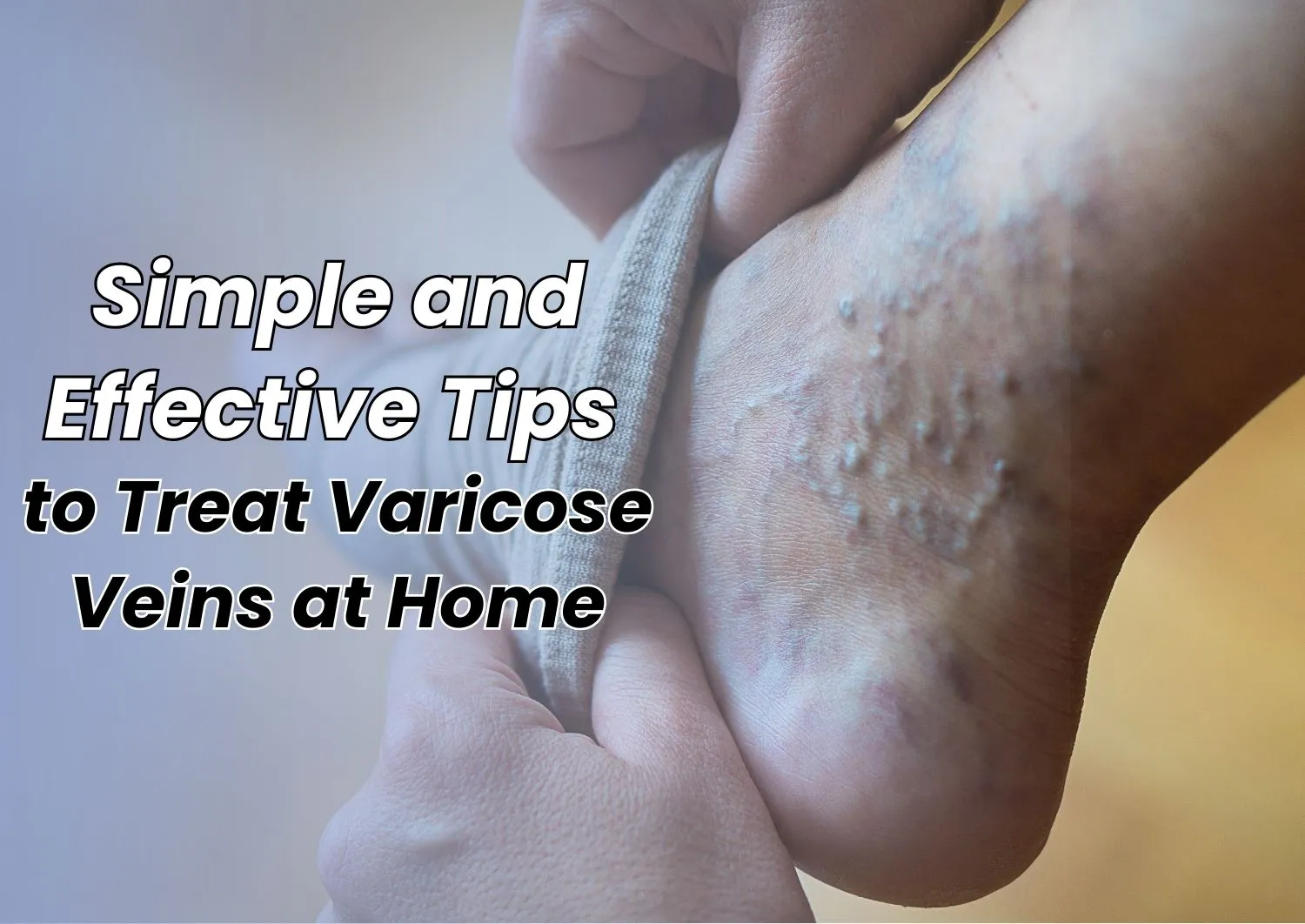


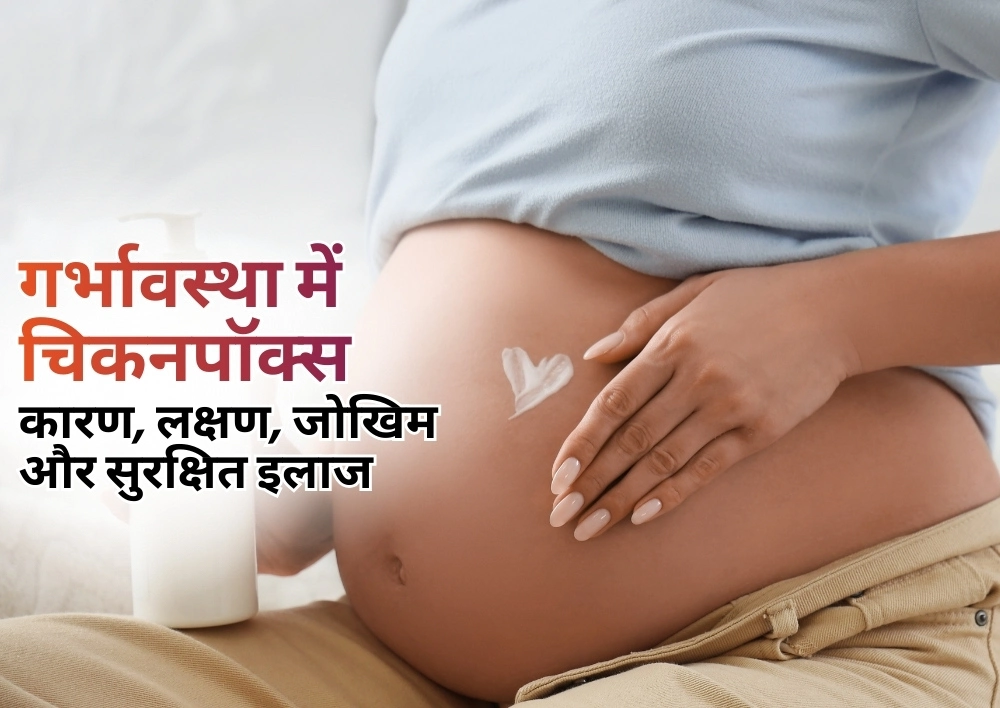
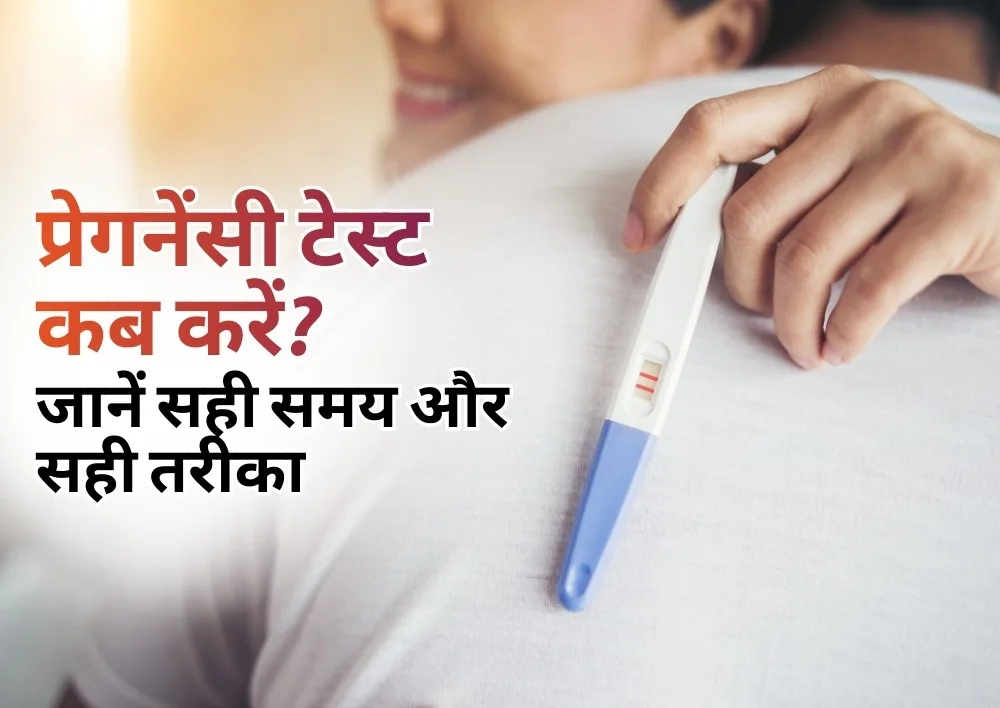
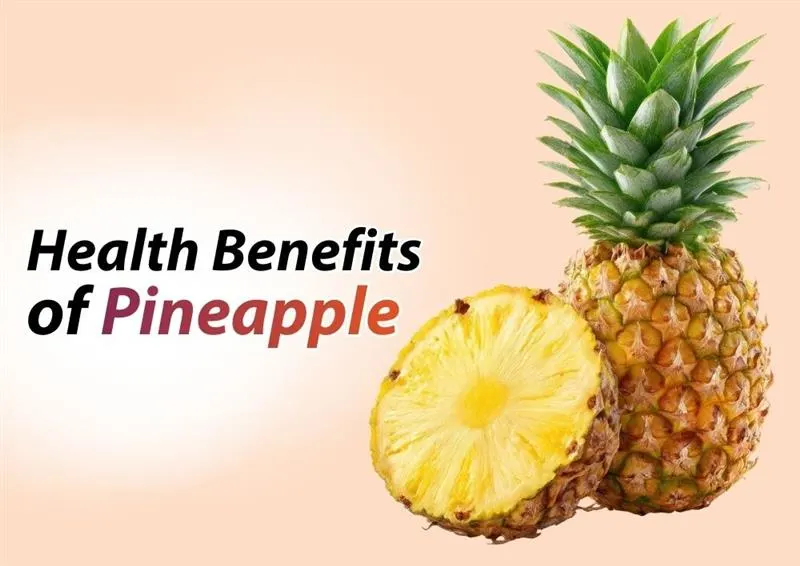
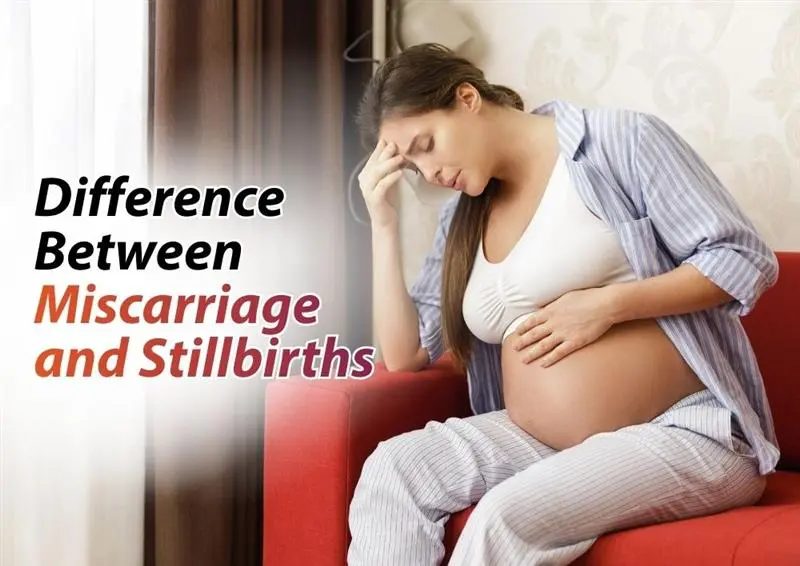





Was the information useful?
1 0